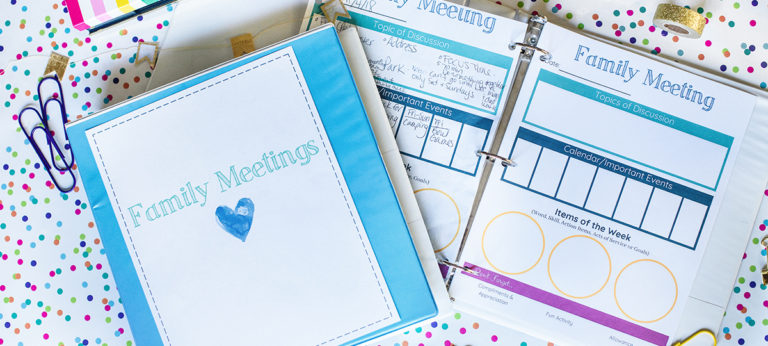Vacation Packing List | Get Kids To Pack Without Help!
Inside: Packing for vacation can be overwhelming if you have more than one child. This post breaks down the best ways to teach kids how…
Volunteerism, sibling relationships, how to create strong family bonds and connections, things to do with your family and traveling with kids.

Inside: Packing for vacation can be overwhelming if you have more than one child. This post breaks down the best ways to teach kids how…

Summer can bring its fair share of challenges for parents. With kids at home all day, unstructured time, and changes to the routine, it’s easy to feel overwhelmed. In this guide, we share 5 tips for summer parenting that will help you manage the chaos, stay organized, and maintain your sanity.

Summer routines and schedules help kids know what to expect and behave better! Have a summer full of fun and joy by picking the best schedule to download for your family!

Yelling at kids might feel like the only option in the heat of the moment, but it rarely leads to the results we actually want. Learn the reasons you should stop yelling and what to do instead.

Family dinners are a powerful tool for building strong family bonds and creating lasting memories.

It can be hard to meet the emotional needs of a child. Give them the tools and knowledge about what emotions are and how to handle them.

Discover 7 powerful ways to build a strong family culture with values, traditions, and connection. Create a home where your family thrives!

Inside: Feeling like you’re a failure as a mom can be overwhelming, but shifting your mindset can change how you show up and feel as…

In this post, you will find what to discuss during Family Meetings and also can download your own family meeting agenda to make meetings run…

The very first mom I ever worked with sat across from me, looking completely overwhelmed. When I asked her, “Where do you feel stress in…

Having an overly active, high energy toddler is tiring! Once I figured out what was going on underneath the surface, I was able to be the mom my son needed to be. Only if I knew these things when he was 2, 3 and 4 year’s old!

What we remember shapes who we are and what we become. This is powerful in parenting. We help shape our kids by creating positive childhood memories and be there for them through the tough experiences.